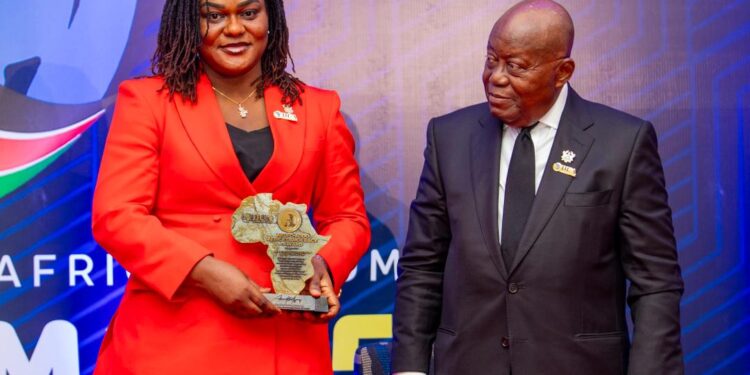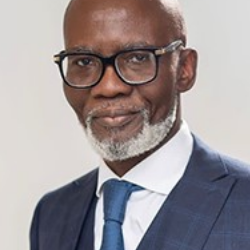Former President of Ghana, H.E. Nana Addo Dankwa Akufo-Addo, delivered a powerful keynote address at the Democracy Union of Africa (DUA) Forum 2025 in Nairobi, Kenya, on 28th October, challenging African nations to radically shift their strategic posture from dependency to production and from patronage to mutually beneficial partnerships in the new global multi-polar order.
The forum, a high-level conference held jointly with the International Democracy Union (IDU), drew political leaders and strategists to discuss governance and democratic leadership. The Ghanaian delegation also featured prominent NPP figures like Sammi Awuku, Dr. Stephen Amoah, and Michael Okyere Baafi, who participated in various panel sessions focused on trade, enterprise, and ending dependency.
The former President, who was honoured at the event for his contribution to democratic governance in Africa, spoke on the crucial need for Africa to navigate its strategic position in the world towards Equitable and Mutually Beneficial Partnerships.
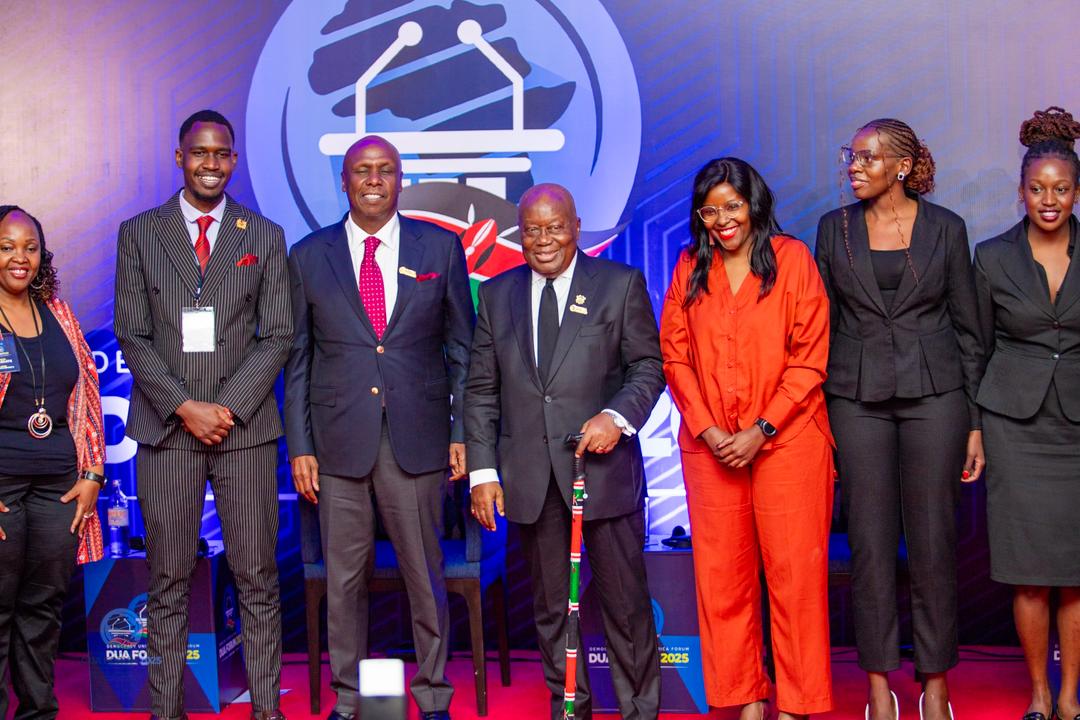
Democracy is an ‘African Necessity,’ Not a ‘Western Nicety’
At the heart of Akufo-Addo’s message was the insistence that good governance is the foundation of prosperity. He firmly stated that democracy is not a “Western nicety; it is an African necessity for peace and prosperity”.
He used his tenure in office, which focused on the vision of “Ghana Beyond Aid”, as a blueprint for genuine continental liberation, anchored in value addition, fiscal credibility, and human capital development. This model, he argued, shifts countries from dependence to productivity.
Acknowledging the recent setbacks to democracy, he lamented the military interventions in Mali, Guinea, Niger, Burkina Faso, and most recently, Madagascar. He stressed that these unconstitutional changes multiply economic pain, warning: “coups do not solve economic problems… they multiply them”.
Key Pillars for Strategic Leverage
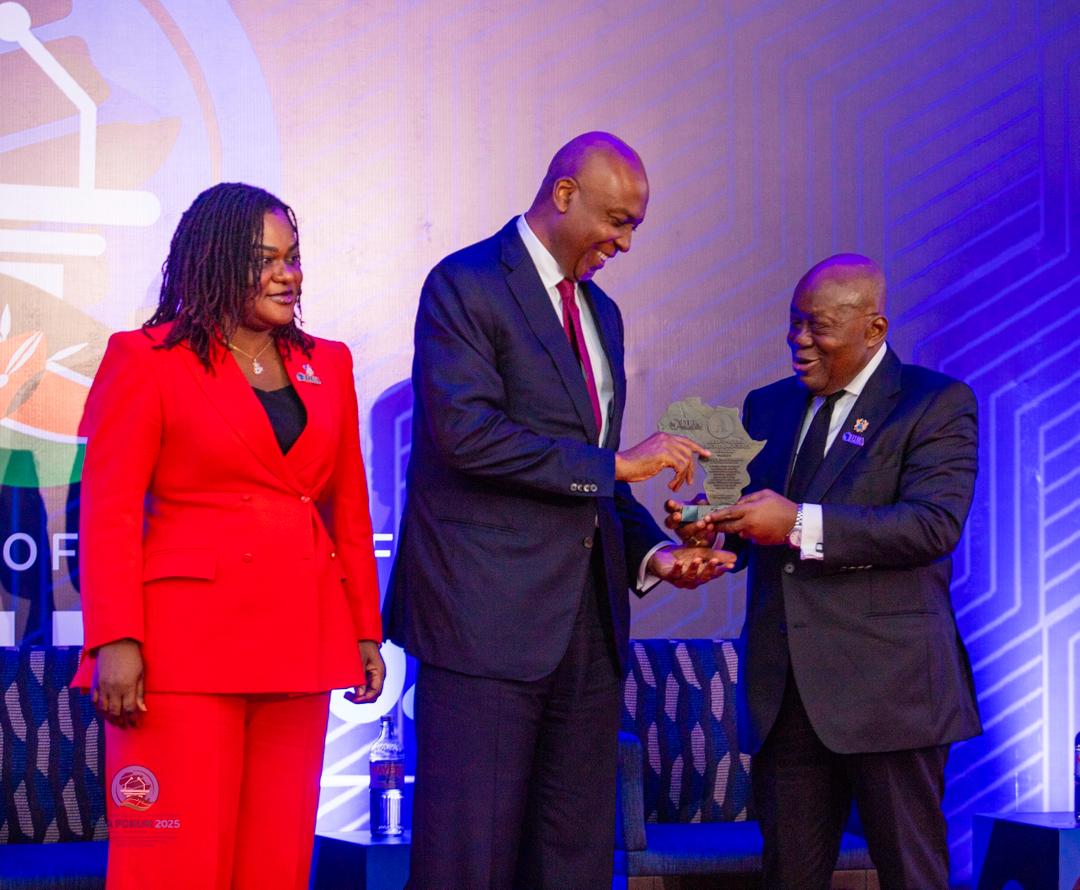
To achieve equitable partnerships, the former President outlined five priority areas for the continent:
- Human Capital and Industrialization: He cited the Free Senior High School (SHS) policy in Ghana as a deliberate, strategic investment in the nation’s most valuable resource. This was complemented by the One District, One Factory initiative, aimed at moving the economy away from exporting raw materials to adding value domestically.
- Continental Trade: Akufo-Addo highlighted the strategic importance of the African Continental Free Trade Area (AfCFTA), whose Secretariat is located in Accra. He called on leaders to make AfCFTA a “lived reality,” ensuring a trader in Kumasi can sell to Kigali with the same ease as to Koforidua.
- Critical Minerals Value Chain: Africa must move beyond merely shipping raw lithium and manganese, instead demanding refineries, component plants, and equity stakes for host communities.
- Food Security: He noted that targeted input credit, irrigation, and storage, exemplified by Ghana’s Planting for Food and Jobs programme, yield greater returns than import bills.
- Digital Trade and Inclusion: The continent must unlock new micro-exports through interoperable payments and trusted data regimes, ensuring that no partnership is equitable if women and young people remain at the periphery.
Urgent Call for Global System Reform
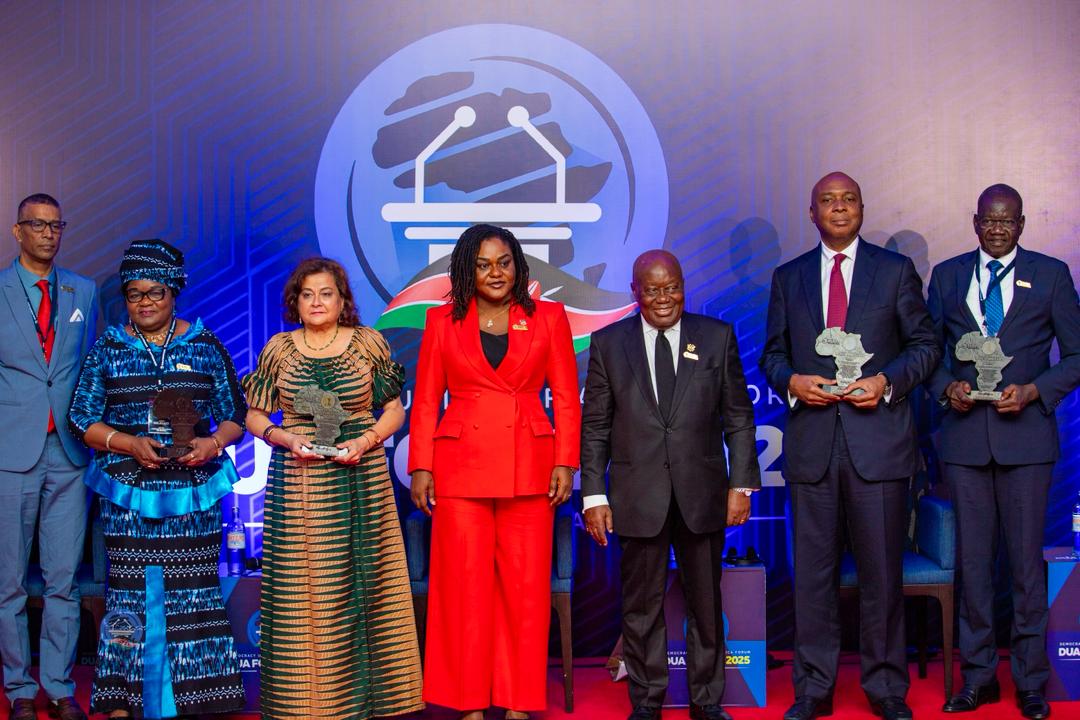
To sustain development ambition, the former President made a forceful call for two critical global reforms:
- Global Financial Architecture: He urged a radical reform of the global financial architecture to address debt vulnerabilities and provide developing nations with access to global finance on acceptable terms that do not lead to “stifling debt burdens”.
2.UN Security Council: Stating that the UN Security Council “no longer has the capacity” to supervise international peace and security, he called for its reform to allow Africa to be fully and effectively represented in its decision-making process. He reaffirmed the Ezulwini Consensus as the blueprint for Africa’s contribution to this debate.
A Decade of Execution and an Enduring Legacy
Before concluding, the former President paid tribute to the late Rt. Hon. Raila Amolo Odinga, former Prime Minister of Kenya, remembering him as an outstanding champion of Kenyan democracy.
In closing, Akufo-Addo called for “Africa’s decade of execution”. He urged leaders to leave Nairobi with “fewer promises and more plans, fewer declarations and more deals, fewer excuses and more execution”.
He accepted the great honour of having the Akufo-Addo Africa Democracy Award named after him, not as a personal accolade, but as a reminder of the duty to safeguard the ballot as the sole source of legitimate political authority. He advised future award recipients to use democracy to deliver essential services—schools, clinics, roads, and jobs—because, he warned, “when services fail, democracy’s credibility suffers”.


